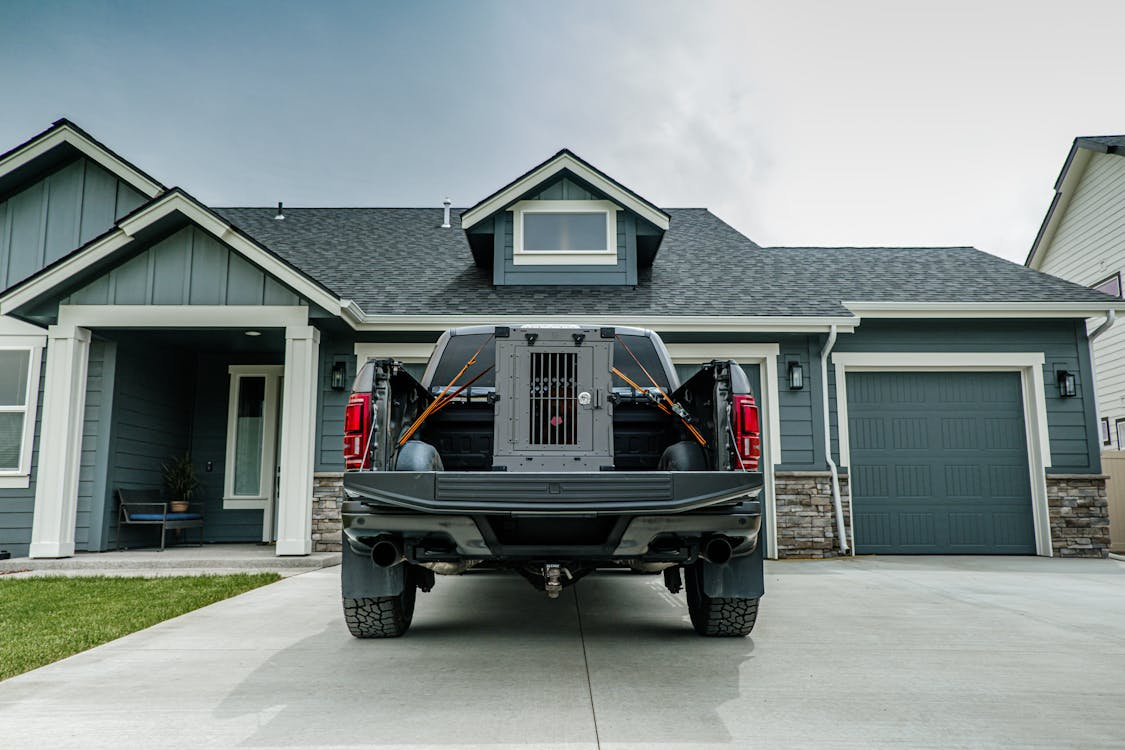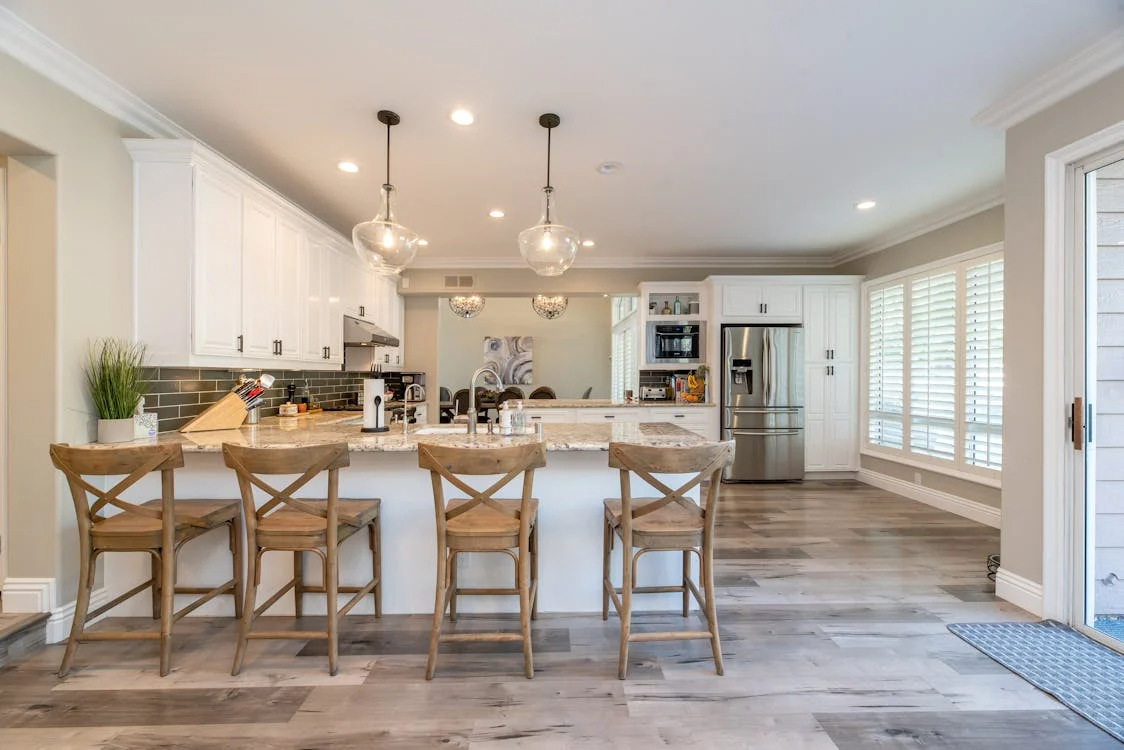Thinking about buying a manufactured home in California? It's a big decision, and you're probably wondering if it's a smart move financially. California's housing market is, well, expensive. So, the idea of a more affordable home is appealing. But is a manufactured home a good investment for you? Let's break down what you need to know before you take the plunge.

California's high-cost housing market presents an opportunity for affordable homeownership. Manufactured homes offer a unique solution, with an average cost per square foot often half that of site-built homes. This allows for a lower initial purchase price and freeing up finances for other expenses. Additionally, manufactured homes are often smaller and built with efficiency, reducing ongoing costs like utilities and maintenance. This makes them a smart financial choice for those trying to get ahead in a high-cost housing market.
Manufactured homes offer flexibility in lifestyle and location, allowing residents to choose from various communities and locations. These homes are built in factories, allowing for easy transportation, a unique freedom not found in permanent homes. Additionally, many manufactured homes are designed with amenities like pools, clubhouses, and social events, creating a sense of belonging and connecting with neighbors. This provides the benefits of a community without the high cost of traditional homes in the same area. It’s a different way to live, and for many, it’s a much more accessible and enjoyable way to experience California living.
When you're looking at manufactured homes, it's smart to think about the money side of things. You want to make sure it makes sense for your wallet, both now and down the road. Let's break down what you need to know.
One of the biggest draws for manufactured homes is how much less they cost compared to traditional houses. You're often looking at significantly lower purchase prices, which means a smaller down payment and less money borrowed. This can make homeownership feel much more attainable, especially in pricey California markets. Plus, the construction process is usually much quicker. While a site-built home can take many months, a manufactured home can often be ready for you to move into in a matter of months, sometimes even weeks, after ordering.
Think of it this way: you get into your new home sooner and with less initial financial strain. This can be a huge relief when you're trying to manage your budget.
Depreciation and resale value of constructed homes can be challenging due to market conditions and location. Traditional homes appreciate over time, but constructed homes depreciate like cars, decreasing their worth annually. Land values can rise, but home values may not. This is especially important for investors in manufactured houses. Long-term living may lessen the concern, but it's still a concern when reselling.You can explore financing options with Mares Mortgage to understand how loans are structured for these types of properties.
Related: House Buying Checklist for Beginners
When you're looking at manufactured homes in California, one of the biggest decisions you'll make is about the land. It's not just about the house itself; where it sits matters a lot for your investment. You'll generally run into two main scenarios: owning the land outright or leasing it.
Owning your manufactured home's land is crucial for appreciation, as it treats the feesproperty like a traditional home, allowing it to appreciate over time. However, leasing the land can limit appreciation, as the home may deteriorate and the monthly payment includes land rent, which can add up. Land lease payments are ongoing and may rise over time, so it's essential to budget for them.
Whether you own or lease, there are always a few extra costs to keep an eye on. If you own the land, you'll be responsible for property taxes, insurance, and any upkeep on the land itself. This is pretty standard for any homeowner.
When you're leasing land, however, you need to be extra vigilant. Besides the monthly rent, check the lease agreement carefully for things like:
It's always a good idea to have a legal professional review any lease agreement before you sign. They can help you spot any clauses that might lead to unexpected expenses down the road. Consulting with manufactured home consultants can also provide clarity on these matters, helping you avoid costly mistakes as you buy your first manufactured home.
Understanding the land situation is key. It directly affects how your manufactured home might gain or lose value over time and what your ongoing expenses will look like. Don't skip this step – it's as important as choosing the home itself.
Related: How Does Rent To Own Work: Beginner’s Guide

When you're looking at buying a home in California, cost is usually a big factor. Manufactured homes generally come with a lower price tag compared to traditional, site-built homes. Think about it: building in a factory setting means less waste and more efficient processes. This often translates to significant savings for you upfront. For instance, the average price for a new manufactured home can be a fraction of what you'd expect to pay for a comparable traditional home. This lower entry cost can make homeownership more accessible, especially in pricey California markets.
Many people wonder how manufactured homes last compared to on-site homes. Modern manufactured homes must meet HUD regulations. The codes address structural design, construction, fire safety, and energy efficiency. Like traditional dwellings, they're durable. A steel chassis makes many portable and gives a stable basis. They also have superior quality control because they're made in a controlled manufacturing atmosphere, which helps extend their lifespan. Their strength and durability may surprise you.
Here's a quick look at some general differences:
Feature
Manufactured Home
Traditional Home
Construction
Factory-built, often in sections, on a chassis
Site-built, piece by piece, on a permanent foundation
Cost
Generally lower upfront cost
Generally higher upfront cost
Building Codes
HUD Code (federal standard)
Local and state building codes
Customization
More limited, though options are increasing
More extensive customization possibilities
Resale Value
Can appreciate, but often at a slower rate
Typically appreciates at a more consistent rate
While the initial cost is a major draw, it's also important to consider how each type of home might hold its value over the years. Factors like land ownership, location, and ongoing maintenance play a big role in the long-term investment picture for both manufactured and traditional homes.

Manufactured homes in California offer a lower entry point than traditional houses, making them a smart investment. However, their long-term value is depreciating, similar to a car. To determine if a manufactured home is the right fit for your financial goals and lifestyle, consider your personal situation and financial goals.
Consider these points when making your decision:
The choice between a manufactured home depends on individual needs and goals. For affordability and quick homeownership, it's a great option. Research financing and location, consult with financial advisors or professionals, and seek personalized advice.
Thinking about buying a manufactured home? It can be a smart move for many people. These homes offer a way to own your own place without the high costs of traditional houses. Before you decide, it's good to understand all the details. Want to learn more about financing options that fit your budget? Visit our website today to explore how we can help you find the perfect home loan!
Related: Conforming Loan Limits in California
When you look at it all, buying a manufactured home in California can be a smart move, especially if you're looking for a more affordable way to get into the housing market. They're built well, often in great locations, and can offer a really nice lifestyle. Just remember, like any big purchase, it's not a one-size-fits-all deal. You'll want to really dig into the specifics, like financing options and how the home might hold its value over time in your chosen area. By doing your homework and understanding both the upsides and the potential downsides, you can make a decision that feels right for you and your financial goals. It's all about finding that sweet spot that works with what you need.
